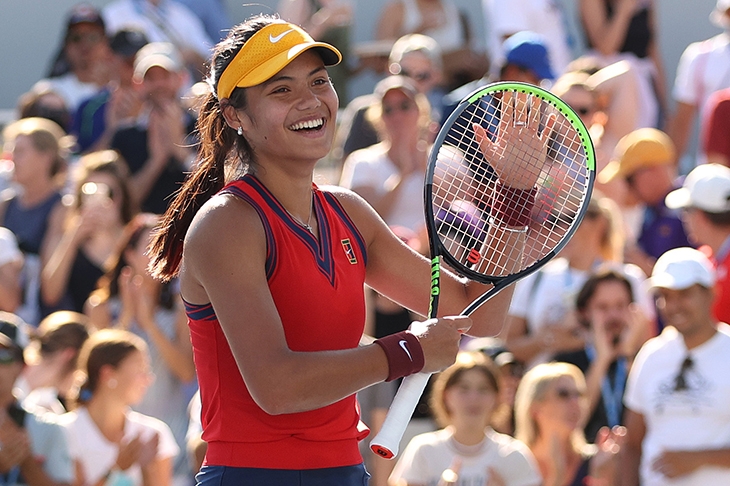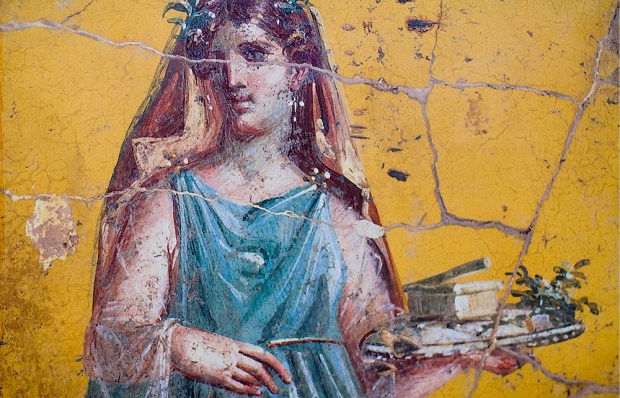The extraordinary sporting achievement of Emma Raducanu and the response it has received from royalty and politicians alike makes one wonder whether she, too, might start to encourage popular initiatives of the sort Marcus Rashford supports. Roman elites were keen to use such figures in the public eye to keep the people happy.
Romans were a rough and ready lot and used rough and ready tactics when it came to drawing the attention of the elites to their concerns, e.g. food shortages. A street riot was one way of getting through to the bosses, and plenty of street leaders were happy to organise them. In a theatre featuring travesties and parodies full of crudity, violence and sex — all wildly popular — actors too were in prime position to make pointed remarks about their political leaders, especially when they knew they were present. Cicero declared that the true feelings of the people were revealed on such occasions, not during political gatherings.
Gladiatorial games and chariot-races provided more opportunities for the plebs to display their feelings. These were occasions on which ‘crowds make requests of the emperor… those who grant such petitions are highly popular’. Foolish the leader who went to games he himself sponsored but did not bother to pay attention (Caesar was once booed for dealing with his correspondence during games he had staged). There was a risk that disorder could break out.
The elites understood this: as one put it: ‘The language of the people in the circus is not offensive. The place excuses transgression. Ready tolerance of their free speech makes the emperor popular.’ And all this put the actual performers themselves in positions of some authority. An emperor would want to hire the very best ones he could, and that gave them leverage with both him and the populace whom they could claim to represent.
In today’s world, the charitable work of players in encouraging and putting their wealth behind popular initiatives is admirable. But what is the balance between charity and politics?
Got something to add? Join the discussion and comment below.
Get 10 issues for just $10
Subscribe to The Spectator Australia today for the next 10 magazine issues, plus full online access, for just $10.
You might disagree with half of it, but you’ll enjoy reading all of it. Try your first month for free, then just $2 a week for the remainder of your first year.














Comments
Don't miss out
Join the conversation with other Spectator Australia readers. Subscribe to leave a comment.
SUBSCRIBEAlready a subscriber? Log in